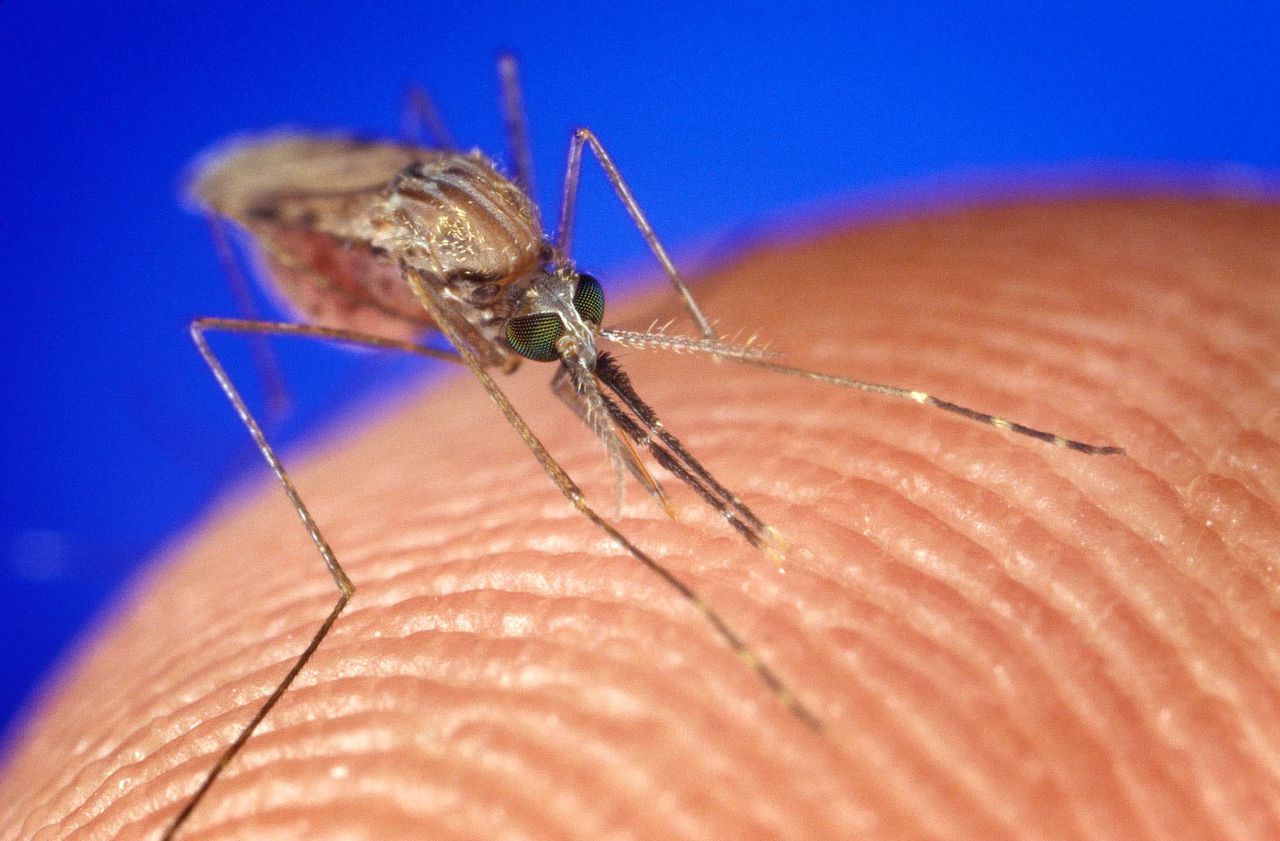2 rare cases of mosquito-borne virus, 1 death reported in Baldwin County
Alabama public health officials are warning Baldwin County residents about two infections of the mosquito-borne virus called Eastern Equine Encephalitis (EEE), including one case that resulted in a fatality.
The two cases occurred in Baldwin County within the past few weeks, according to a news release issued on Monday.
The Alabama Department of Public Health did not say where the cases occurred, but the City of Spanish Fort – in a Facebook update Friday, and again on Monday – confirmed that they were reported within city limits.
“The city is working in conjunction with the Baldwin County Health Department and the Alabama Department of Public Health to set mosquito traps in various areas of the city for testing purposes,” the city’s Facebook post says, alerting residents who see a mosquito trap to keep it in place.
The incidences in Baldwin County are a rarity, but the statistics about the virus are alarming. According to the U.S. Centers for Disease Control and Prevention, approximately a third of all people with encephalitis due to EEE die. Death can happen two to 10 days after the onset of symptoms but can also occur much later.
And for those who do recover, they can be left with long-term physical or mental impairments, which can range from brain dysfunction to severe intellectual impairment, personality disorders, seizures, paralysis and cranial nerve dysfunction, according to CDC.
EEE is a rare disease caused by a virus spread by infected mosquitoes. In the U.S., an average of 11 human cases of EEE are reported annually. The CDC reported only one case of EEE in all the U.S. last year.
There is no specific treatment for EEE, and antibiotics are not effective against the virus.
Alabama has had eight cases of humans contracting EEE from 2003-2022, according to CDC. Of those, four were in Baldwin County. Overall, there have been 189 cases of EEE within the past 19 years, 169 resulting in hospitalizations and 78 deaths.
Most cases of EEE have been reported from Atlantic and Gulf Coast states, primarily from late spring to early fall. In Gulf States, a rare case can occur in winter, according to the CDC.
ADPH is alerting people to avoid mosquito bites by doing the following: use insect repellents, wear long sleeve shirts and long pants when possible, wear loos-fitting, light-colored clothes, treat clothing with repellents, use air conditioning or screens on windows and doors.
In Spanish Fort, the city’s Facebook page confirmed on Monday that workers had been placing mosquito traps in various locations where the insect may be encountered, and testing had commenced. Results from the testing of captured mosquitos will be available in the near future, the city says.
The city is also urging people with “unmaintained, stagnant or untreated pools or other similar stagnant and untreated water sources” to consider draining them if it can occur without damage to the structure. For pools or small ponds that cannot be drained, the city is urging people to obtain a larvicide tablet from the city by contact 251-626-4884.
